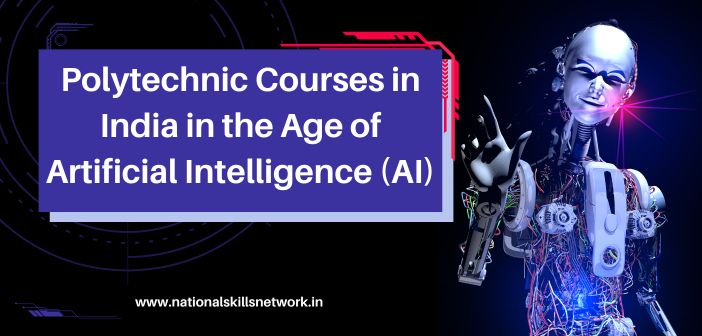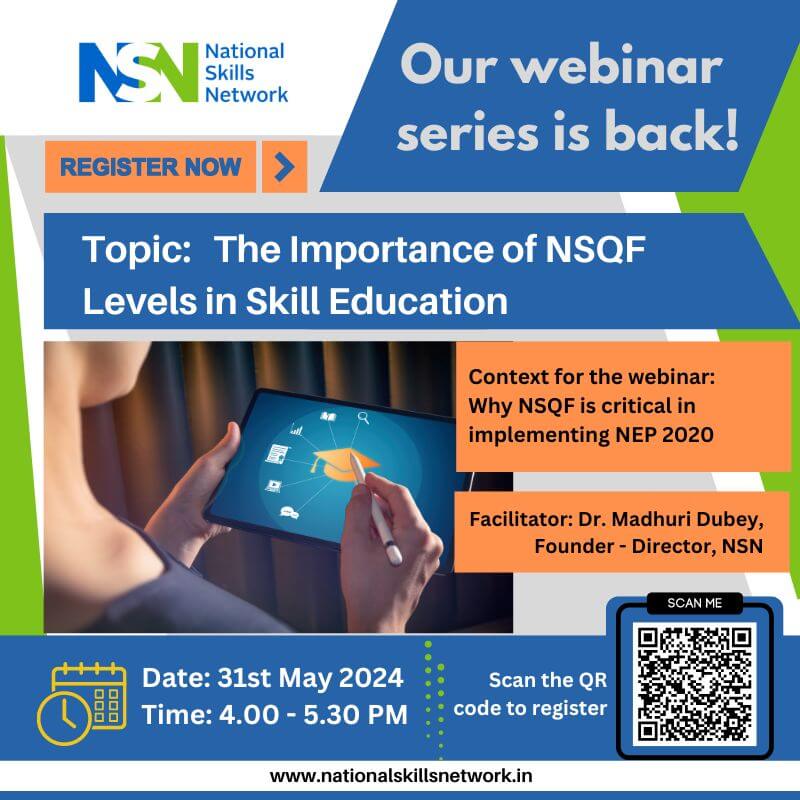The age of Artificial Intelligence (AI) has ushered in a new era of technological advancement and innovation. As AI continues to transform industries worldwide, polytechnic courses in India are evolving to meet the demands of this dynamic field. Whether you’re a prospective student or a professional looking to upskill, understanding what to expect from polytechnic courses in the age of AI is crucial. This comprehensive guide explores the future of polytechnic education in India, highlighting key trends, course offerings, and career opportunities.
The Evolution of Polytechnic Courses
Traditional polytechnic education
Historically, polytechnic courses have focused on practical and technical education, equipping students with hands-on skills in engineering, technology, and applied sciences. These courses have been instrumental in producing skilled technicians and professionals who contribute to various industries.
The impact of AI on polytechnic curriculum
With the rise of AI, polytechnic institutes in India are revamping their curricula to incorporate AI-related subjects. This transformation is driven by the need to prepare students for the future job market, where AI skills are increasingly in demand.
Key Components of AI-Enhanced Polytechnic Courses
1. AI and Machine Learning Fundamentals
Modern polytechnic courses now include modules on AI and machine learning, providing students with a strong foundation in these critical areas. Courses cover topics such as neural networks, deep learning, and natural language processing, equipping students with the knowledge to develop AI-driven solutions.
2. Data Science and Analytics
Data science is integral to AI, and polytechnic courses emphasize the importance of data collection, analysis, and interpretation. Students learn to work with large datasets, use statistical tools, and leverage data to drive decision-making processes.
3. Programming and Software Development
Proficiency in programming languages such as Python, R, and Java is essential for AI development. Polytechnic courses focus on teaching these languages, along with software development practices that enable students to create robust AI applications.
4. Robotics and Automation
AI is revolutionizing robotics and automation. Polytechnic students explore the intersection of AI and robotics, gaining skills in designing and programming automated systems that can perform complex tasks with minimal human intervention.
5. Ethics and AI
As AI becomes more prevalent, ethical considerations are paramount. Polytechnic courses include discussions on the ethical implications of AI, ensuring that students are aware of the potential risks and responsibilities associated with AI technology.

Career Opportunities After AI-Enhanced Polytechnic Courses
1. AI Specialist
Graduates with expertise in AI can pursue careers as AI specialists, working on developing and implementing AI solutions across various industries, including healthcare, finance, and manufacturing.
2. Data Scientist
Data scientists analyze and interpret complex data to help organizations make informed decisions. Polytechnic courses provide the necessary skills to excel in this rapidly growing field.
3. Robotics Engineer
With AI integrated into robotics, there is a growing demand for robotics engineers who can design, build, and maintain AI-powered robots and automated systems.
4. Software Developer
AI-enhanced polytechnic courses prepare students for careers in software development, where they can create innovative applications that leverage AI technologies.
5. AI Consultant
AI consultants advise businesses on how to integrate AI into their operations, helping them optimize processes, improve efficiency, and drive growth.
The Future of Polytechnic Education in India
Government initiatives and industry collaboration
The Indian government and industry leaders are recognizing the importance of AI in education. Initiatives such as the National AI Strategy and partnerships with tech companies are driving the integration of AI into polytechnic curricula, ensuring that students are well-prepared for the future.













